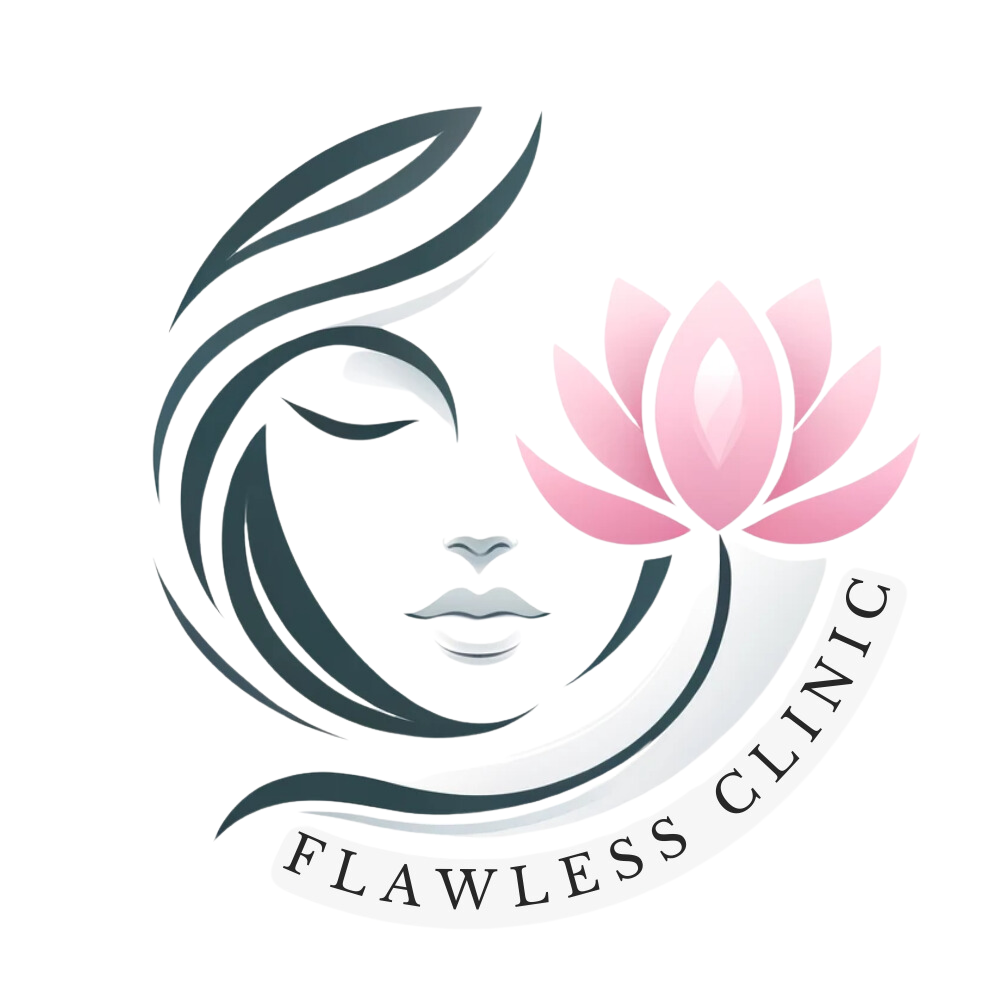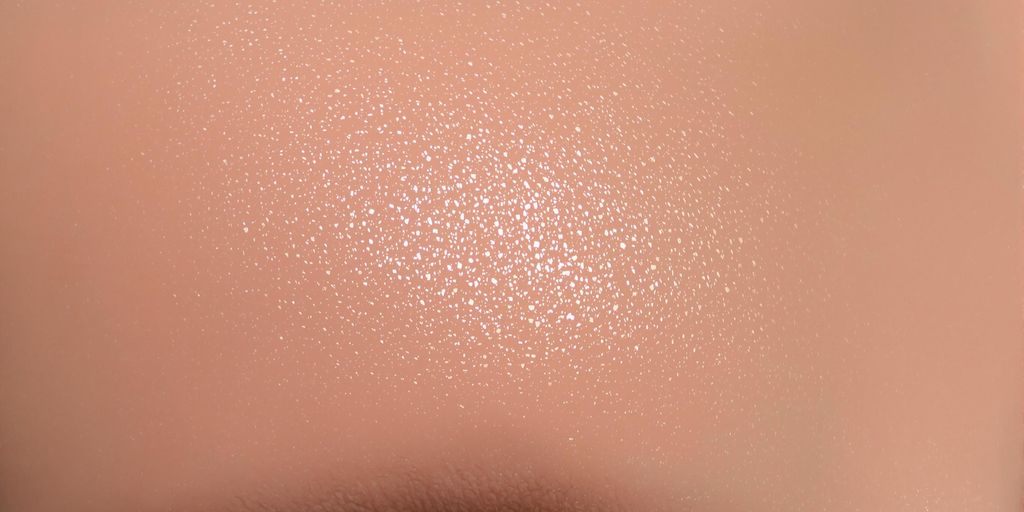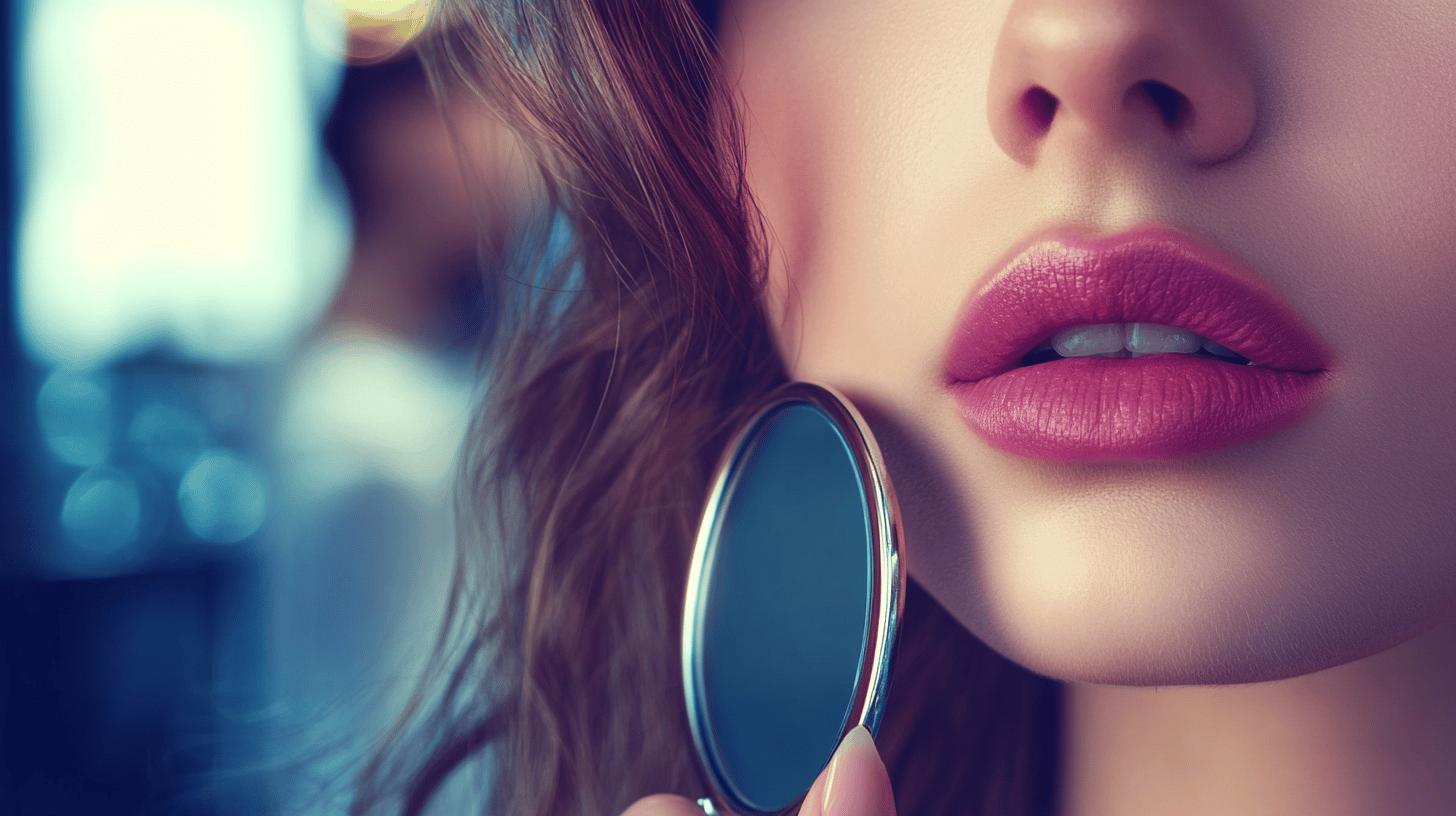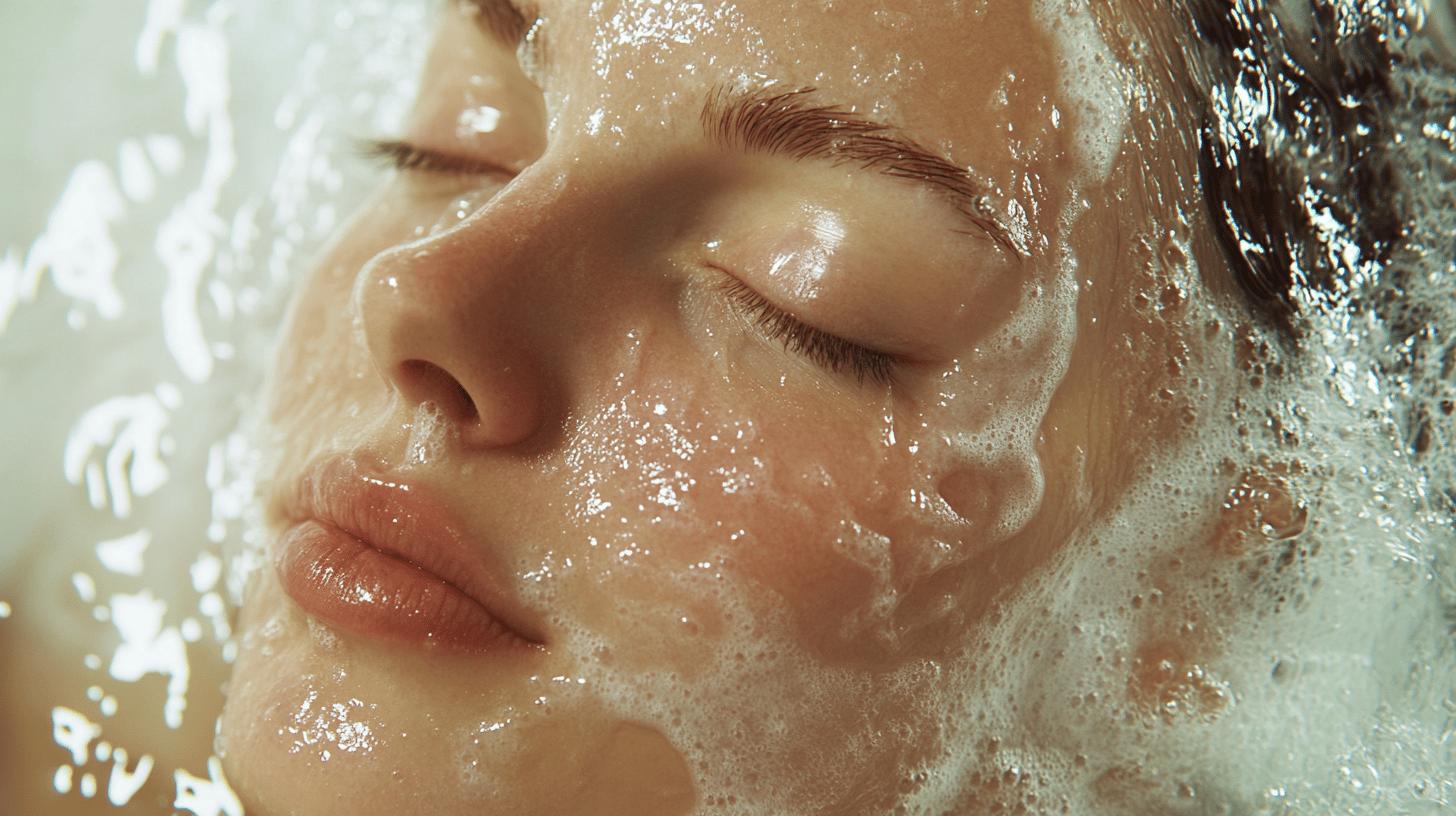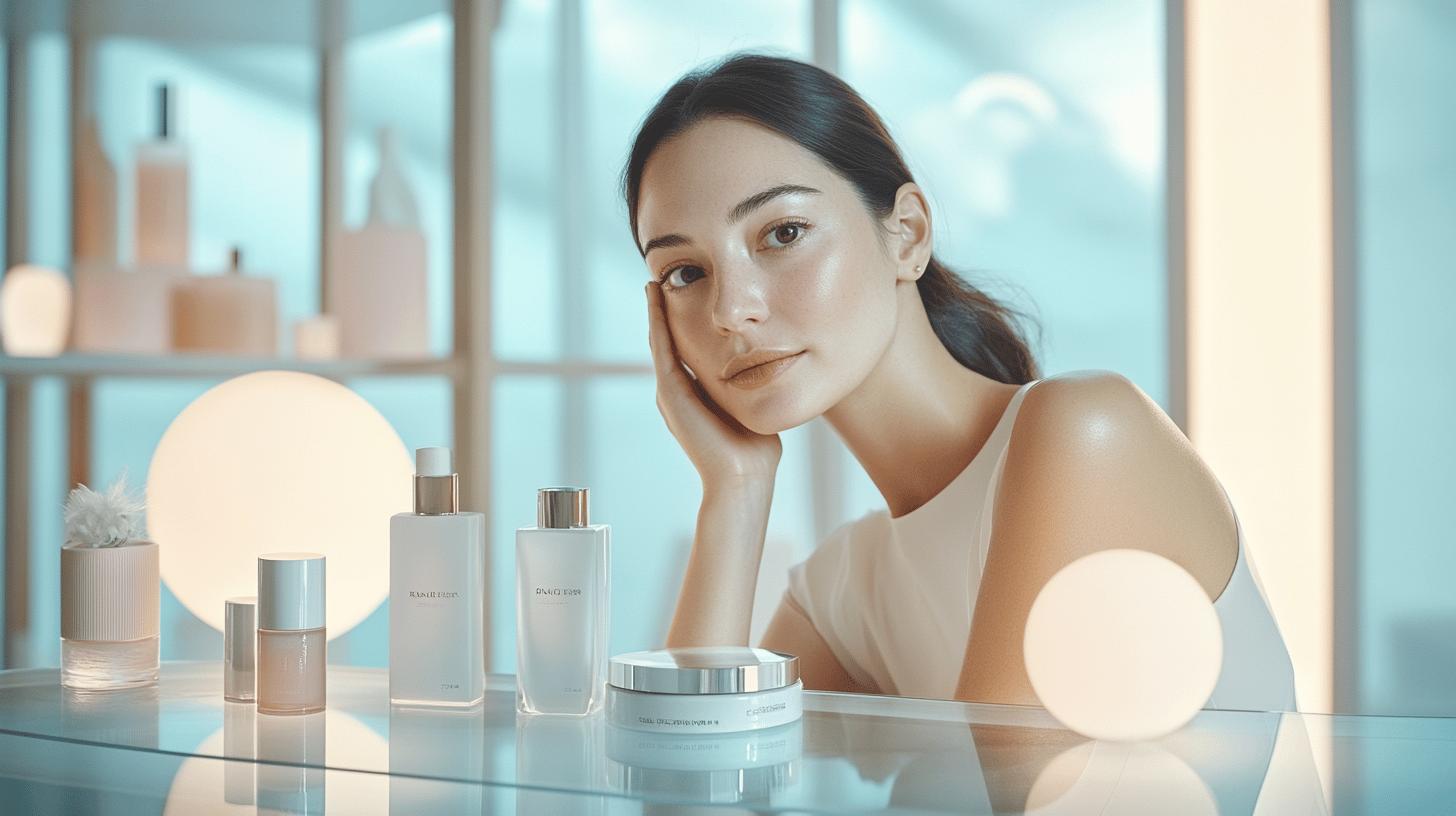Ever pondered why beauty sleep is more than just a phrase? In our fast-paced lives, sleep is often overlooked, yet it plays a pivotal role in maintaining skin health and radiance. As we rest, our bodies undergo extensive repair processes, recharging our cells and enhancing dermal vitality. With each night’s rest, sleep assists in collagen production, boosts blood flow, and reinforces the skin barrier. Discover the transformative effects of a good night’s sleep and how it acts as a secret weapon to unlock a luminous complexion.
The Science of Sleep and Skin Repair
During sleep, the body embarks on a series of complex repair mechanisms vital for maintaining skin health. This period of rest is when the skin enters “repair mode,” actively producing new cells and collagen—essential components for skin firmness and elasticity. This regenerative phase is crucial as it supports cellular repair, enhancing the skin’s ability to recover from daily stressors. Additionally, sleep facilitates increased blood flow to the skin, ensuring a steady supply of nutrients and oxygen. This nourishment is fundamental for collagen and elastin production, which are key to reducing visible signs of ageing. Quality sleep also plays a significant role in strengthening the skin barrier, leading to improved hydration and a reduction in trans-epidermal water loss by approximately 30%.
| Process | Impact on Skin |
|---|---|
| Collagen Production | Reduces fine lines and enhances skin firmness |
| Blood Flow Increase | Delivers nutrients and oxygen, promoting a healthy complexion |
| Barrier Strengthening | Improves hydration and reduces moisture loss |
As these biological processes unfold during sleep, they collectively contribute to healthier, more resilient skin. The reduction in trans-epidermal water loss means the skin can retain moisture more effectively, resulting in a plumper and more radiant appearance. Furthermore, the enhancement of collagen and elastin production aids in maintaining the skin’s structural integrity, making it less susceptible to the formation of wrinkles and fine lines. By understanding how these repair processes work, individuals can appreciate the importance of incorporating adequate sleep into their skin health regimen, ultimately unlocking a more youthful and vibrant complexion.
Effects of Sleep Deprivation on Skin
Sleep deprivation significantly affects skin health. What are the general consequences of sleep deprivation on the skin? Sleep deprivation increases cortisol levels, leading to inflammation that causes sagging skin, fine lines, and a dull complexion. This hormonal imbalance disrupts the skin’s natural repair processes, weakening its resilience and overall appearance.
Lack of sleep specifically contributes to dark circles and puffiness under the eyes. Why do dark circles and puffiness occur from lack of sleep? These conditions arise due to disrupted fluid balance and increased blood vessel dilation, resulting in pooled blood under the thin skin around the eyes. Moreover, insufficient rest can lead to heightened sebum production, exacerbating acne and contributing to an uneven skin tone. The dullness observed in sleep-deprived skin results from decreased blood flow, which limits the delivery of essential nutrients and oxygen, thereby diminishing the skin’s natural glow.
Premature ageing is another consequence of inadequate sleep. How does inadequate sleep accelerate signs of ageing? Chronic sleep deprivation impairs the production of collagen and elastin, essential proteins responsible for maintaining skin elasticity and firmness. This deficiency hastens the appearance of wrinkles and fine lines, making the skin appear older than it is. By recognising these effects, individuals can understand the critical importance of maintaining sufficient sleep to preserve skin health and vitality.
Benefits of Adequate Sleep for Skin Radiance
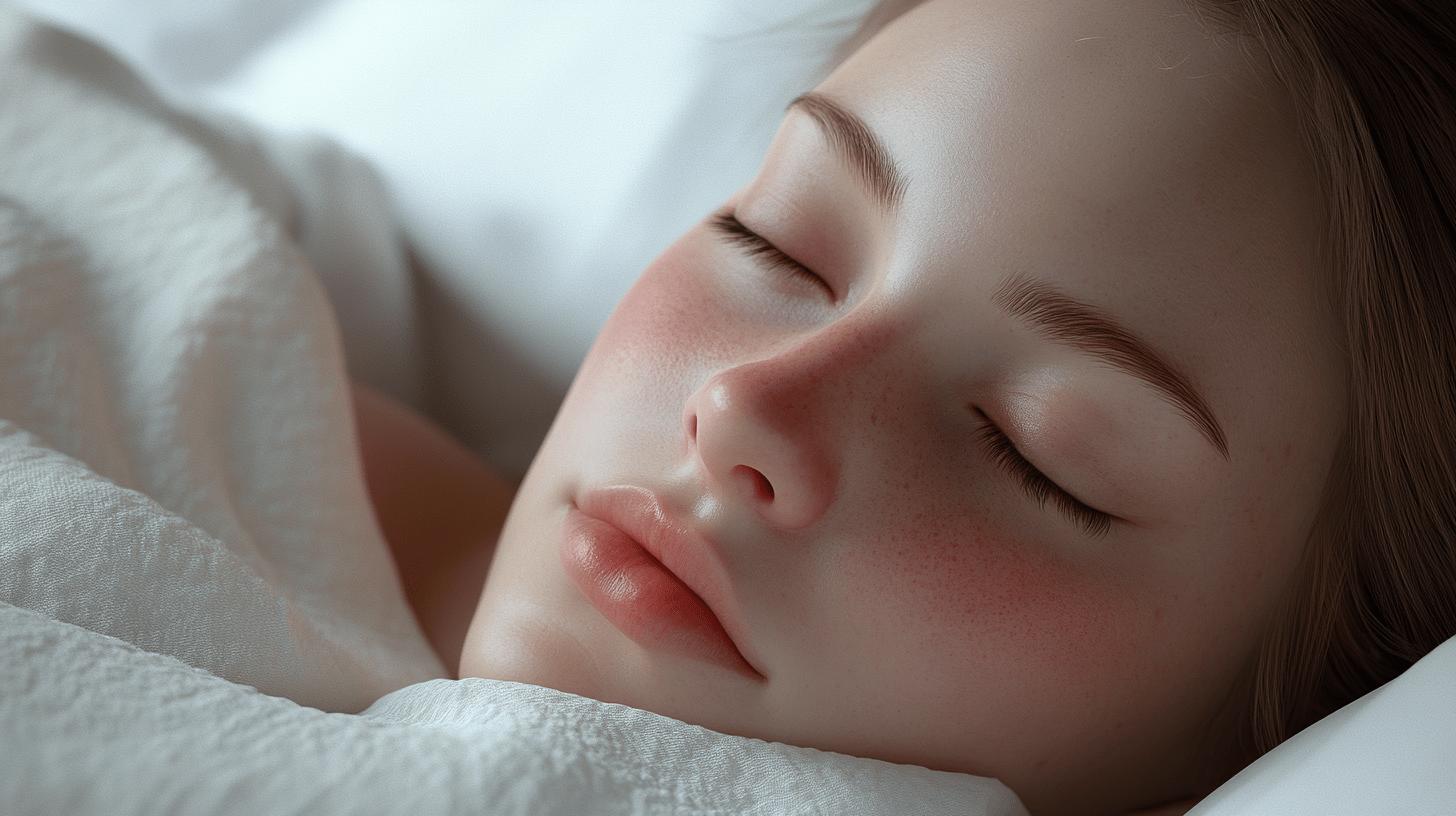
Quality sleep is fundamental for achieving a glowing complexion and enhancing overall skin health. How does quality sleep affect skin radiance? Sleep significantly improves the skin’s moisture levels, elasticity, and texture, contributing to a more luminous appearance. During sleep, the body boosts collagen production, which aids in reducing visible signs of ageing, such as fine lines and wrinkles. Moreover, rest promotes a smoother, more even skin tone by facilitating optimal blood flow and nutrient delivery. These benefits underscore the importance of incorporating sufficient sleep into one’s daily routine to unlock the full potential of radiant skin.
- Increased moisture retention
- Enhanced skin elasticity
- Improved texture and tone
- Reduction in fine lines and wrinkles
- Brighter, more even complexion
Better sleep also optimises the effectiveness of skincare routines. How does sleep enhance skincare product absorption? During restful sleep, the skin’s permeability increases, allowing for better absorption of active ingredients in skincare products. This heightened absorption means that the benefits of serums, moisturisers, and treatments are maximised, leading to more noticeable improvements in skin health. By prioritising sleep, individuals can ensure their skincare efforts are more effective, ultimately achieving a healthier, more radiant complexion.
Tips for Achieving Better Sleep for Healthy Skin
Quality sleep is essential for maintaining skin health and achieving a radiant complexion. What are general sleep hygiene tips for better skin? Experts recommend establishing a consistent sleep schedule, ensuring you get 7-9 hours of sleep each night. Creating a restful environment can significantly improve sleep quality; consider a comfortable mattress, blackout curtains, and a cool room temperature. Avoiding caffeine and electronics before bed helps signal to your body that it’s time for rest, reducing disruptions and allowing for deeper sleep. These foundational practices are crucial for enhancing your skin’s natural repair processes and overall appearance.
- Maintain a regular sleep schedule
- Create a calming bedtime routine
- Use silk pillowcases to reduce skin friction
- Avoid caffeine and electronics before bed
- Ensure a comfortable sleep environment
- Consider relaxation techniques like meditation
Personalising sleep strategies can further enhance skin health. How can sleep strategies be tailored for better skin results? Incorporating specific skincare products, such as retinoids, into your nighttime routine can optimise the skin’s repair process. Retinoids work synergistically with the skin’s natural regenerative cycle during sleep, promoting cell turnover and reducing signs of ageing. Additionally, using silk pillowcases may help minimise friction and prevent skin irritation. By adjusting sleep strategies to include these elements, individuals can maximise the benefits of their skincare routine, achieving a more youthful and healthy complexion.
Final Words
Exploring the nexus between sleep and skin health reveals profound insights into achieving a radiant complexion. During restful slumber, the body engages in critical repair processes, enhancing skin regeneration and boosting hydration. Conversely, sleep deprivation can lead to issues such as sagging, dull skin, and accelerated ageing.
Valuing adequate sleep is essential not only for skin resilience but also for maximising skincare product effectiveness. Embracing good sleep habits and personalised strategies empowers individuals to enhance their skin’s appearance significantly.
Prioritising quality rest offers numerous benefits, as highlighted in “How Sleep Affects Your Skin: The Link Between Rest and Radiance”. By improving sleep, individuals can unlock their skin’s true potential.
FAQ
Q: What is the best time to sleep for skin repair?
A: The best time to sleep for skin repair is during the night, ideally between 10 p.m. and 2 a.m. This period supports optimal skin cell rejuvenation and collagen production, which is crucial for maintaining healthy skin.
Q: How does lack of sleep affect your appearance?
A: Lack of sleep can lead to increased cortisol levels, causing inflammation, sagging skin, dark circles, puffiness, and a dull complexion. It may also exacerbate acne and accelerate signs of ageing like fine lines and wrinkles.
Q: Does lack of sleep make your skin darker?
A: Lack of sleep can lead to dark circles under the eyes due to disrupted fluid balance and increased cortisol, which can exacerbate pigmentation and make skin appear darker.
Q: What is meant by ‘beauty sleep’?
A: ‘Beauty sleep’ refers to quality sleep that enhances skin health by promoting processes like cellular repair, collagen production, and enhanced blood flow, leading to a healthier and more radiant complexion.
Q: What are the before and after effects of beauty sleep?
A: Before beauty sleep, skin may appear dull and tired. After sufficient sleep, skin often looks more radiant, with improved elasticity and reduced signs of fatigue, thanks to enhanced hydration and repair.
Q: How can a sleep-deprived face be fixed?
A: To fix a sleep-deprived face, aim for consistent, quality sleep, enhance your skincare routine with hydrating and antioxidant-rich products and ensure adequate hydration. These steps can improve skin appearance and resilience.
Q: Can lack of sleep cause skin rashes?
A: Lack of sleep can increase stress and cortisol levels, potentially leading to inflammation and skin conditions such as rashes or flare-ups in individuals with pre-existing dermatological issues.
